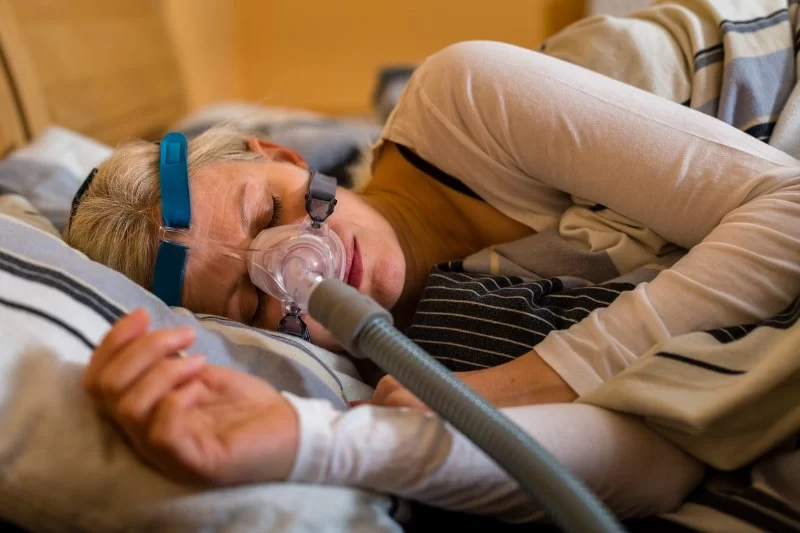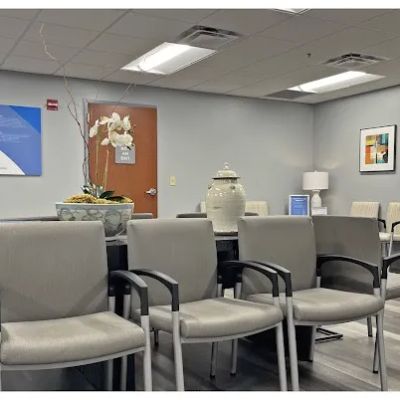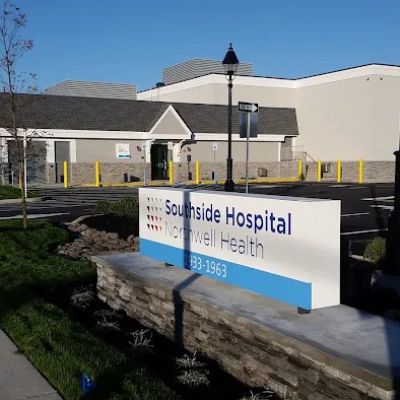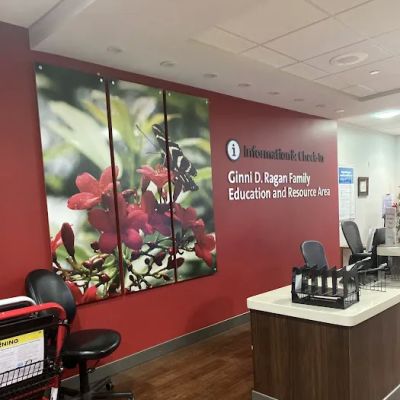- what-is-sleep-apnea-and-how-it-affects-the-heart
- the-connection-between-sleep-apnea-and-atrial-fibrillation
- scientific-evidence-supporting-the-link
- real-patient-story-sleep-apnea-triggering-atrial-fibrillation
- diagnosing-and-managing-sleep-apnea-to-reduce-afib-risk
- why-understanding-this-connection-matters-for-heart-health
- how-heartcare-hub-can-help-you-manage-both-conditions
1. What Is Sleep Apnea and How It Affects the Heart
Sleep apnea is a common but often undiagnosed sleep disorder that causes intermittent breathing pauses during sleep. These episodes can last from a few seconds to over a minute, disrupting the body's oxygen balance. There are two main types: obstructive sleep apnea (OSA), caused by physical blockage of the airway, and central sleep apnea, related to miscommunication between the brain and breathing muscles.
What makes sleep apnea especially dangerous is its hidden nature. Many people live with it for years without realizing it’s contributing to bigger health problems—including an increased risk for cardiovascular issues like atrial fibrillation (AFib), high blood pressure, and even stroke.
2. The Connection Between Sleep Apnea and Atrial Fibrillation
2.1 What Is Atrial Fibrillation?
Atrial fibrillation is an irregular and often rapid heartbeat that can lead to serious complications, including blood clots, stroke, and heart failure. While it can have several causes—ranging from high blood pressure to excessive alcohol use—sleep apnea has emerged as a powerful and often underestimated contributor.
2.2 How Sleep Apnea Triggers AFib
When breathing stops during sleep, oxygen levels in the blood drop rapidly. This leads to a surge in stress hormones like adrenaline, causing inflammation and changes in the heart's electrical activity. Over time, these repeated disruptions weaken the heart's rhythm control and increase the likelihood of developing atrial fibrillation.
3. Scientific Evidence Supporting the Link
3.1 Major Studies and Clinical Data
Numerous studies have confirmed the link between sleep apnea and atrial fibrillation. A 2023 meta-analysis in the *Journal of Cardiology* found that individuals with moderate-to-severe sleep apnea were over 2.5 times more likely to develop AFib compared to those without the condition.
Another pivotal study from the American Heart Association demonstrated that patients with untreated sleep apnea had a significantly higher AFib recurrence rate after cardioversion or ablation procedures, underscoring the importance of treating both conditions together.
3.2 Expert Medical Opinions
Leading cardiologists now routinely screen AFib patients for sleep apnea, even when they don’t exhibit classic symptoms like loud snoring. Early detection and treatment of sleep apnea can significantly reduce the recurrence and severity of AFib.
4. Real Patient Story: Sleep Apnea Triggering Atrial Fibrillation
4.1 From Sleepless Nights to ER Visits
Mark, a 58-year-old former athlete from Arizona, thought his fatigue and nighttime gasping were just signs of aging. That was until he ended up in the emergency room with a pounding heartbeat. The diagnosis? Atrial fibrillation. But what surprised his doctors even more was the underlying cause—undiagnosed sleep apnea.
4.2 Turning It Around with Treatment
After a sleep study confirmed moderate OSA, Mark began using a CPAP machine and enrolled in a heart health program. Within weeks, his heart rate stabilized, his energy returned, and his AFib episodes dramatically decreased. Stories like Mark’s highlight the critical importance of looking beneath the surface for cardiovascular triggers.
5. Diagnosing and Managing Sleep Apnea to Reduce AFib Risk
5.1 Getting an Accurate Diagnosis
If you suspect sleep apnea—due to symptoms like loud snoring, morning headaches, or extreme daytime fatigue—consult your healthcare provider. They may recommend a home sleep test or a polysomnography study in a sleep lab.
5.2 Effective Treatments and Long-Term Management
The most effective treatment for OSA is continuous positive airway pressure (CPAP), which keeps airways open during sleep. Weight loss, positional therapy, and oral appliances may also help. Importantly, treating sleep apnea not only improves sleep quality but can significantly reduce AFib episodes and lower the need for invasive procedures.
6. Why Understanding This Connection Matters for Heart Health
Sleep apnea is more than just a nuisance—it’s a major cardiovascular risk factor. Left untreated, it can aggravate atrial fibrillation, complicate recovery from heart procedures, and increase the likelihood of stroke. Recognizing this connection empowers individuals to take proactive steps toward better heart health.
Ignoring sleep apnea while treating AFib is like patching a leak while the pipe is still broken. To truly restore heart rhythm and health, both conditions must be addressed in tandem.
7. How HeartCare Hub Can Help You Manage Both Conditions
7.1 Specialized Resources for Your Journey
At HeartCare Hub, we understand how overwhelming it can feel to manage heart rhythm issues alongside sleep disorders. That’s why we offer a range of tailored services—from diagnostic support and lifestyle coaching to sleep therapy products and AFib monitoring tools—all designed to work together for your well-being.
7.2 Don’t Wait for a Crisis
Whether you’re newly diagnosed or have been battling AFib for years, addressing potential sleep apnea may be the missing puzzle piece in your treatment. Don’t wait for another emergency room visit—visit HeartCare Hub today to take control of your sleep and heart health.





















